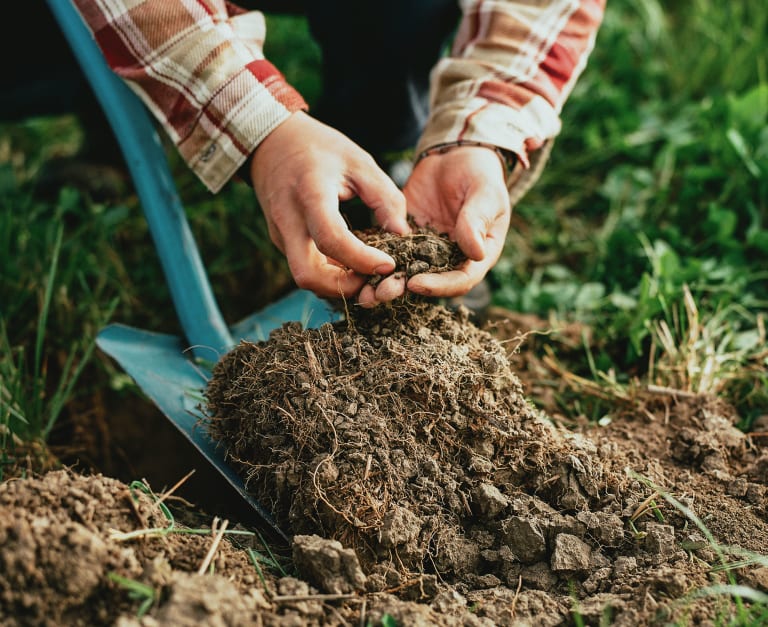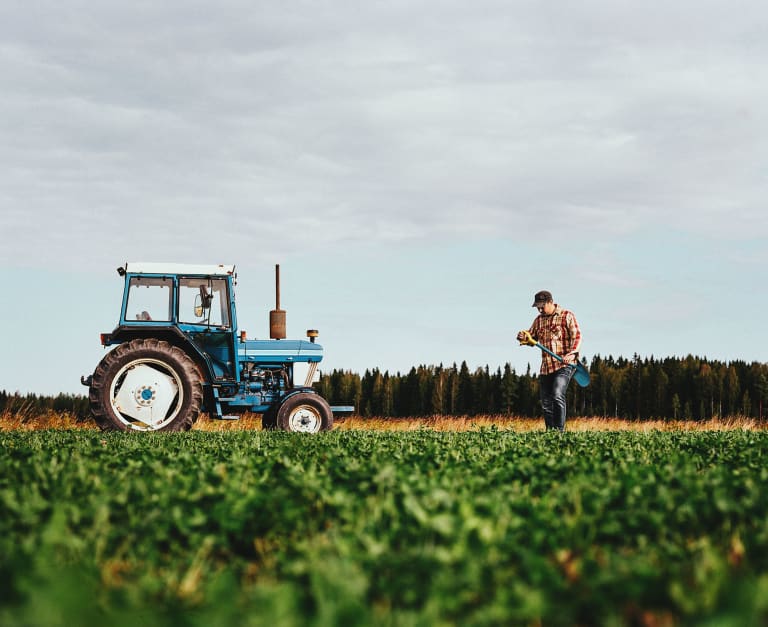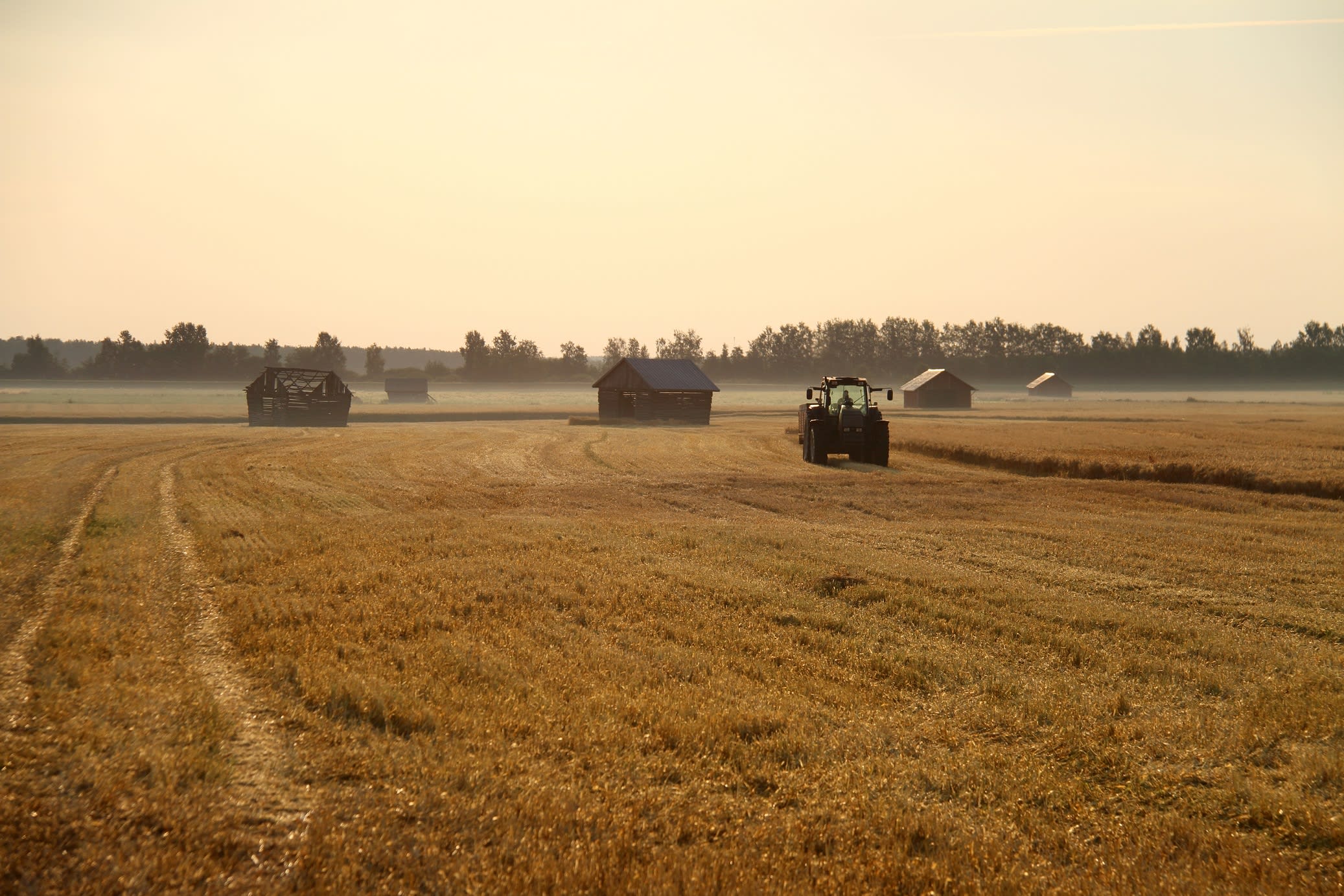What is regenerative farming?
To put it short, regenerative agriculture is a holistic approach to farming that focuses on improving the health of the soil. When the soil is healthy, we benefit from:
more food and nutrition
increased biodiversity
cut CO2 emissions
By switching from intensive farming to climate positive farming methods we can help nature repair itself.

How to practice it?
At the heart of regenerative farming is the aim to decrease emissions from farming and turn fields into carbon sinks. This is the opposite to intensive farming that uses heavy machinery, fertilizers, and pesticides which churns up CO2 naturally stored in the soil releasing it into the atmosphere.
So if regenerative farming is there to create carbon sinks that catch CO2 from the atmosphere and store it back into the soil how can this be achieved? Well, here's a few methods farmers have in their back pocket:
Crop rotation with multiple plant species
Minimizing disturbing the soil mechanically or chemically
Maximizing microbes
All-year green vegetation cover
All this contributes to a healthier soil bettering its ability to naturally store carbon.

Why does regenerative farming matter?
While asking why it's important to use CO2 reducing farming methods might sound silly the answer is all the more important.
According to the United Nations, agriculture accounts for over a third of greenhouse gas emissions globally. More than half of the world's agricultural land is also degraded risking food security in the future.
The large-scale effects of regenerative agriculture could, however, be huge. Adopting these climate positive farming practices globally would displace 100% of the carbon we now emit annually and produce more and better crops than conventional yields. Feeding the world while stabilizing the climate - now that sounds pretty great.
Koskenkorva Vodka Climate Action
A big part of Koskenkorva's goal of becoming the most sustainable vodka in the world is advocating for regenerative agriculture. Climate Action has been an important milestone on this journey as it brings climate-friendly farming practices all the way to the store shelves.
The great thing about Climate Action is of course the climate friendliness of it but also that it tastes amazing! So amazing in fact that it was awarded a gold medal with 98 points in the International Wine & Spirits Competition. With all that we've learned about regenerative farming, it really is a no-brainer when it comes to making farming and food production more sustainable. From more and better crops to cutting emissions and improving biodiversity, regenerative farming helps the climate, nature, and the farmer. So why can't we switch completely over to regenerative agriculture?
Well, change takes time, education, and ultimately a shift in mindset - not to mention alignment of companies, farmers and decision makers to endorse and support.
Koskenkorva's efforts are huge steps to the right direction, and we can't wait what else is in store. Cheers!









